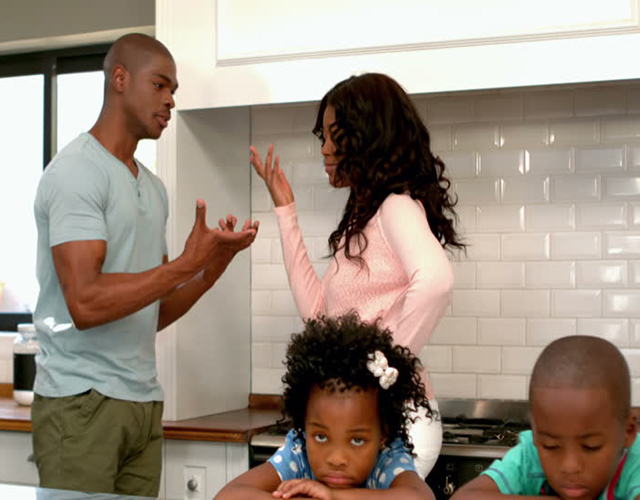The divorce process is hard on adults, but often, it is the children of the family that tend to suffer the most. The children are often the ones that are shuffled in between two different households. They are the ones that witness the instability and fighting between parents, most of the time not really understanding the “why”. It is important for the social and emotional growth of the child that parents remember that they need to make the transition to a divorce household as smooth as possible. Here are a few tips that might help you make divorce a bit easier to handle for your children.
1. Perspective, Perspective, Perspective Although it may feel like the end of the world for all involved, it isn’t. Time does bring about a chance to heal and children definitely need to know that. Point out other people such as family members, friends, celebrities, etc. that have gone through divorce and gotten over the hump. Children need to know that they are not alone in this particular situation.
2. Continue Open Communication Don’t make children the intermediary. Make sure that you have an open line of communication with your ex. The worst thing that can happen in this situation is for people to stop talking. Be sure that you ex knows that it is the responsibility of both parents to provide a united front when it comes to the children. Communication is key.
3. Consistency, Consistency, Consistency Keep routines and rules consistent. Children thrive on consistency and routine. A divorce is definitely a cog in the natural order of a marriage and shakes consistency and routine at their foundations. Make sure that both parents agree to make sure that everything else remains status quo, in both households, and children will realize that they must follow the same routines no matter what.
4. Maintain Relationships With Both Sides of The Family Do not exclude family members on either side of the tree. Children have a right to continue relationships with family members no matter what the situation. Make sure that family members do not talk negatively about one parent or the other because that will only cause children further distress in an already uncomfortable situation.







